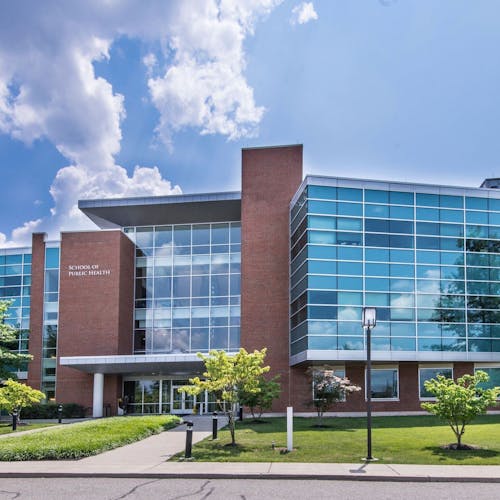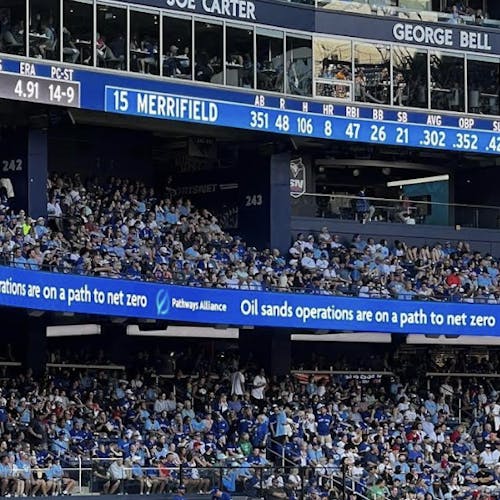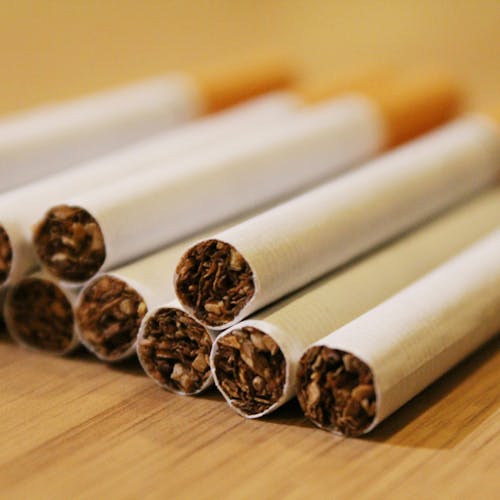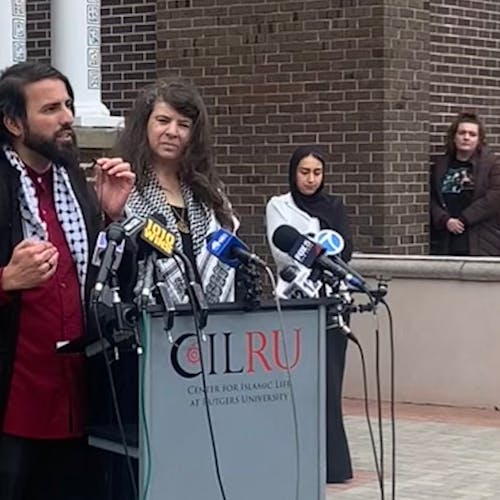BLM, NAACP work to promote social justice at Rutgers
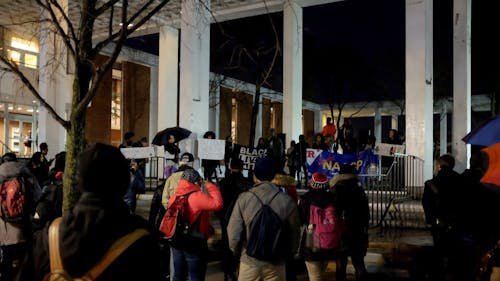
Black Lives Matter (BLM) and the National Association for the Advancement of Colored People (NAACP) both have chapters on campus to advocate for social justice issues and offer services to the community.
Sydni Collins, the secretary of BLM Rutgers and a School of Arts and Sciences junior, said each organization has a different history that affects the type of work they do, and BLM first began to address police brutality issues. Collins said events for Black students are often met with a heightened police presence, making it difficult for them to enjoy themselves.
“Police brutality is a national thing,” Collins said. “Even if it doesn’t impact Rutgers students directly, it impacts the psyche of Black students because they always feel like it could be them next.”
Collins said as the BLM movement spread nationally, the organization expanded to cover other issues. At Rutgers, BLM aims to improve the mental health and well-being of Black students and hopes to work with other student organizations to make them more inclusive.
“Our organization finds that a lot of times it’s not a safe environment for Black students as far as their mental health and just feeling that they have a good support system at Rutgers,” Collins said.
To further address mental health, BLM Rutgers hosts “challenge days” once a month where Black students are encouraged to discuss different traumatic issues facing their community, which Collins said empowers students.
Amir Wright, the membership co-chair of the Rutgers NAACP and a School of Arts and Sciences junior said his organization is different from BLM Rutgers because it is connected with the New Brunswick chapter of the NAACP. They work together to help the greater Central Jersey community.
“Every once in a while we’ll go out to one of their meetings in order for us to learn about what’s going on outside of the Rutgers community,” Wright said.
Bryan Matthew, the Rutgers NAACP high school outreach co-chair and a School of Arts and Sciences senior, said one of the community service events they hold is the high school outreach program. In the Fall semester, the Rutgers NAACP brings students to the University for a weekend to learn about their opportunities. The different activities, such as attending a football game and speaking with different student organizations, are designed to teach the students about both educational and extracurricular aspects of college.
The Rutgers NAACP had representatives from the Office of Financial Aid and the Office of Admissions talk to the students about their options when applying and paying for college, such as the Educational Opportunity Fund (EOF), which helps economically disadvantaged students. Matthew said this event is important because many schools do not have the resources or information students need when applying for college.
Additionally, Wright said the number of Black students being admitted to Rutgers–New Brunswick is dropping each year, which the high school outreach program aims to address.
“We feel like we have African American students that are in the high schools that personally don’t know too much about Rutgers–New Brunswick,” Wright said. “When they do apply to Rutgers, the Rutgers they apply to and then get accepted to is Rutgers–Newark.”
Collins said community service is also a large part of BLM Rutgers’ mission in the New Jersey community. Some members visit a local elementary school to read to children. Members are also currently working with other organizations to help those affected by the Newark water crisis. BLM Rutgers has worked with those facing homelessness and collaborated with organizations such as Elijah’s Promise.
Amira Mustapha, the BLM Rutgers co-chair of the vice president and a School of Arts and Sciences sophomore helped pack and serve lunches for homeless members of the community during the Fall semester. She said service events help start a dialogue on social justice issues and help students educate one another.
“Through volunteer and service work, we kind of hope to bring our community closer together,” Mustapha said. “When we are at peace with one another we are able to tackle those social justice issues because we cannot get anything accomplished if we’re not all on the same page, if we’re not all trying to resolve conflict.”
At the end of the past semester, the two organizations worked together to organize the Rally Against Racism and For Black Solidarity. The event was, in part, a response to an incident at Syracuse University. The Daily Targum previously reported that a Rutgers student was among 13 other people who verbally attacked a student with racial slurs outside a fraternity.
“The rally was definitely a culmination of a long time of frustrations at Rutgers. After the event that happened at Syracuse University, it just inspired some of the members at BLM, at NAACP Rutgers and GOYA (Galvanizing and Organizing Youth Activism) to combine and to do a rally where we similarly address our concerns at Rutgers as far as a culture that talks about diversity but doesn’t focus on inclusion,” Collins said.
Matthew also said the Rutgers NAACP is against other administrative decisions, such as the lack of funding for different departments such as Africana studies as well as the Rutgers 2030 plan to combine all the individual cultural centers into one multicultural center.
“Each cultural center, they have their own cultural identity and their own history,” Matthew said. “To me, if you combine all these cultural centers to make them as one, you’re taking away their history, and some students get a sense of belonging when it comes to these cultural centers.”
Members from both organizations said the University did not issue any public response to the rally. Matthew said the Rutgers NAACP has tried scheduling meetings with administrators in the past to discuss issues, but they were canceled for unknown reasons.
“It’s a hassle trying to have a meeting with administration and meet with Student Affairs,” Matthew said. “They’re supposed to support and listen to our students. We try reaching out and we’re not getting the help we need. How is this Student Affairs?”
Due to the lack of response from the administration, Collins and Matthew said both BLM Rutgers and the Rutgers NAACP are in the process of planning events next semester to further advocate for various social justice issues on campus in hopes that the University will take action.
“It’s going to be the first of many rallies because we know that one rally is not going to be enough to really catch the attention of the Rutgers administration,” Collins said.
